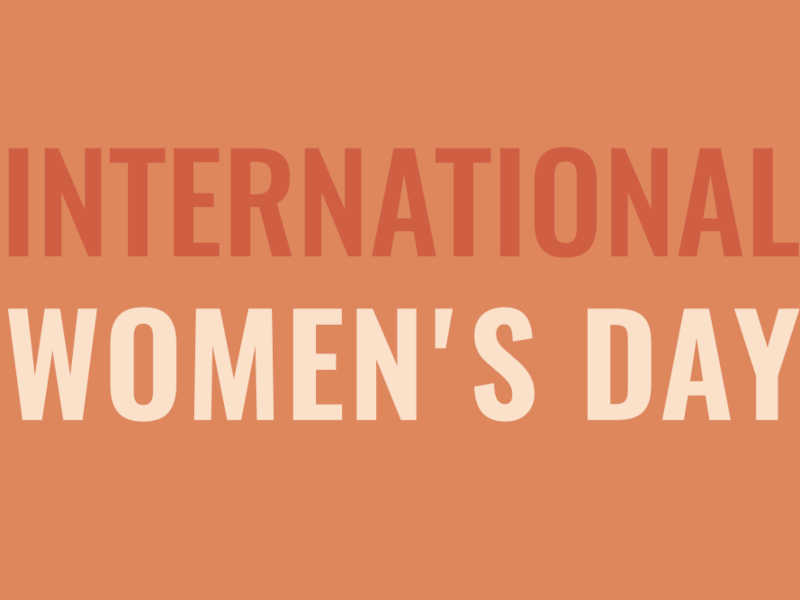Addis Ababa, 8 March 2024 (ECA) - March 8 holds a special place in the calendar of the entire world. On this day, the world celebrates International Women's Day (IWD) to commemorate and honor women’s accomplishments in all fields of human endeavor, from the social to the economic to the cultural and political. Since its launch in 1911, this special day has helped humanity to reflect on progresses registered, challenges still entrenched, and lessons learnt in the effort to advance the goal of gender equality and to renew our commitment to its ideals.
This year's IWD is celebrated with the overarching theme of "Invest in Women: Accelerate Progress". The theme emphasizes the importance of gender equality and women empowerment in all facets of life and its role as a critical ingredient for the creation of prosperous, stable and sustainable economies societies.
Yet, a 113 later, we are still far from addressing this challenge. According to UN Women, the world needs an additional $ 360 billion every year in order to achieve full gender equality. The theme of this year thus aims to raise awareness about this financing gap with a view to narrowing it down, if not filling it completely.
Gender equality is a priority globally through the 2030 Agenda of the UN (where Goal 5 simply puts its ambition as “achieve gender equality and the empowerment of women”) and continentally through Africa’s Agenda 2063 for 'The Africa We Want’ and even the AU Constitutive Act (Article 3 of which commits the AU “to ensure the effective participation of women in decision-making, particularly in the political, economic and socio-cultural areas”). Despite this seemingly universal consensus, however, gender-based discrimination remains extant to this day.
Full gender equality remains work in progress at best.
But, Africa is leading the world on the issue of women economic empowerment particularly in relation to trade policy. As part the initiative to integrate the Continent through the African Continental Free Trade Area (AfCFTA), just last month the AU Assembly adopted a landmark legal instrument that aims to pave the way for women and youth to play a proportionate role in leading the Continent’s trade-led integration and shared prosperity. Known as the AfCFTA Protocol on Women and Youth in Trade, this decision represents a significant and unique step towards a more inclusive, equitable and prosperous Africa.
The Protocol is a pioneering effort by all measures. While previous trade agreements around the world acknowledge gender equality as a goal, this Protocol creates concrete rights and obligations that aim specifically at empowering women and youth in the context of trade.
The Protocol aims to promote sustainable and inclusive socio-economic development, the equal opportunity for women and youth in intra-Africa trade, and the structural transformation of African economies.
In this sense, the Protocol aims to contribute to the removal of gender-based barriers that hinder women's participation in trade, including limited access to finance, absence of training opportunities, and lack of mentorship.
Empowering women and youth is crucial for Africa's future. By adopting the Protocol, we can pave the way for a more inclusive continent and take the goal of women economic empowerment to the next level.
Issued by:
Communications Section
Economic Commission for Africa
PO Box 3001
Addis Ababa
Ethiopia
Tel: +251 11 551 5826
E-mail: eca-info@un.org
